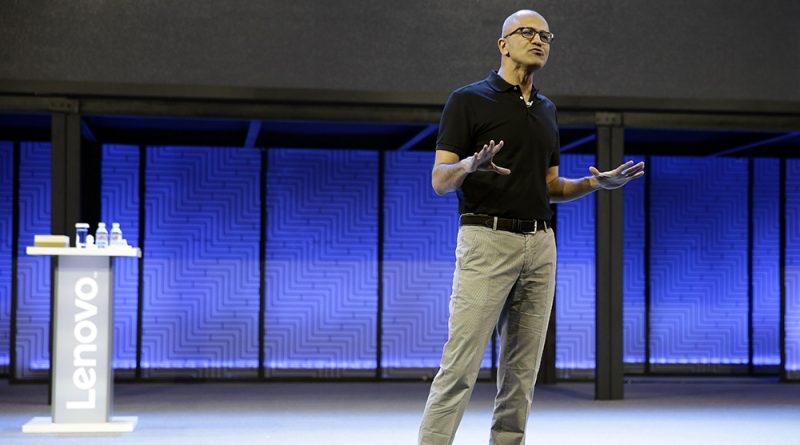Microsoft’s Satya Nadella Calls for Cybersecurity Geneva Convention Amid Rising Hacker Threats
In a stark warning about the escalating cybersecurity threats posed by nation-state hackers, Microsoft CEO Satya Nadella has called for the establishment of a digital Geneva Convention to prevent a potential breakdown in the global order. This call to action comes in the wake of Microsoft’s recent disclosure that it was targeted by the Russian hacking group Cozy Bear, leading to a breach of its corporate network for a month last year.
In an interview with journalist Lester Holt of NBC Nightly News, Nadella discussed various pressing issues, including the advancements in AI, the forthcoming 2024 elections, and the implications of the recent hacking incident involving Microsoft. Holt raised concerns about the significant alarm that was triggered at Microsoft and in governmental circles due to the company’s integral role in government operations.
Addressing the severity of the threat, Nadella emphasized that when adversaries possess the institutional might of a nation-state, with well-resourced and persistent attack strategies, it elevates the dialogue to a more critical level. “When you have an adversary who is a nation-state or a country that, you know, has institutional sort of strength, organizations that are both well-resourced and are relentless in attacking – I’m glad that we have the capability we have to even detect what they’re doing on the cyber side,” Nadella stated.
Nadella underscored the need for major powers, including the US, Russia, and China, to collaborate on forming a cyber equivalent of the Geneva Convention. He cautioned that without such an agreement, the exchange of cyberattacks between nation-states, particularly targeting civilian infrastructures, could trigger an unprecedented disruption of the world order.
The Geneva Conventions, established in 1949, constitute the cornerstone of international humanitarian law, aiming to regulate armed conflict and mitigate its impacts by safeguarding non-combatants and those no longer participating in hostilities. Endorsed by 196 states, these conventions serve as a framework for maintaining humane conduct during times of war.
Microsoft first highlighted the necessity of a digital Geneva Convention in 2017, envisioning a legally binding framework to ensure a stable and secure cyberspace. The company advocated for the collective efforts of the technology sector and civil society organizations in shaping an agreement that would effectively shield the public from the threats posed by nation-state cyber activities.
The infiltration of Microsoft’s systems by Cozy Bear, also known as Midnight Blizzard, occurred in November 2023 through a password spray attack targeting a legacy, non-production test account. Although the breach affected a relatively small percentage of corporate accounts, it had significant implications, impacting senior leadership and departments such as cybersecurity and legal. The revelation of this breach was closely followed by Hewlett Packard Enterprise (HPE) disclosing a similar attack by Cozy Bear, highlighting the pervasive nature of these cybersecurity threats.

